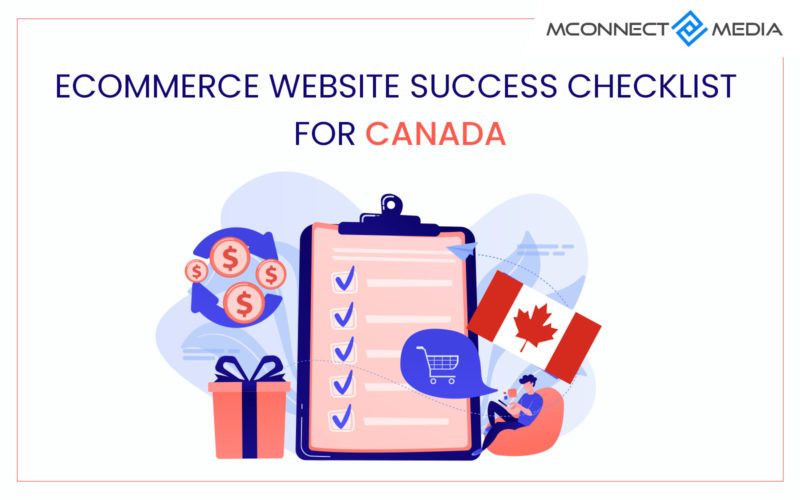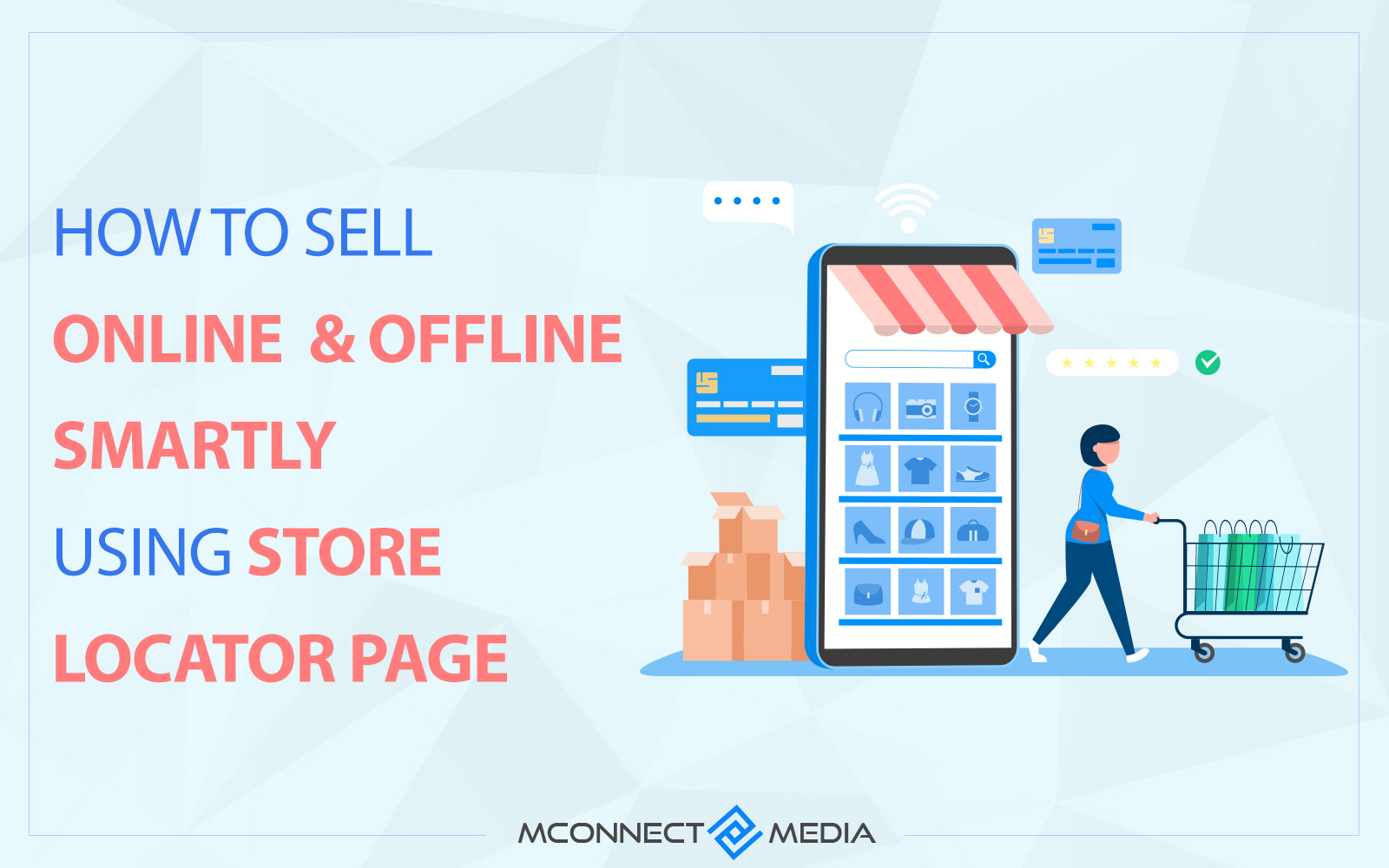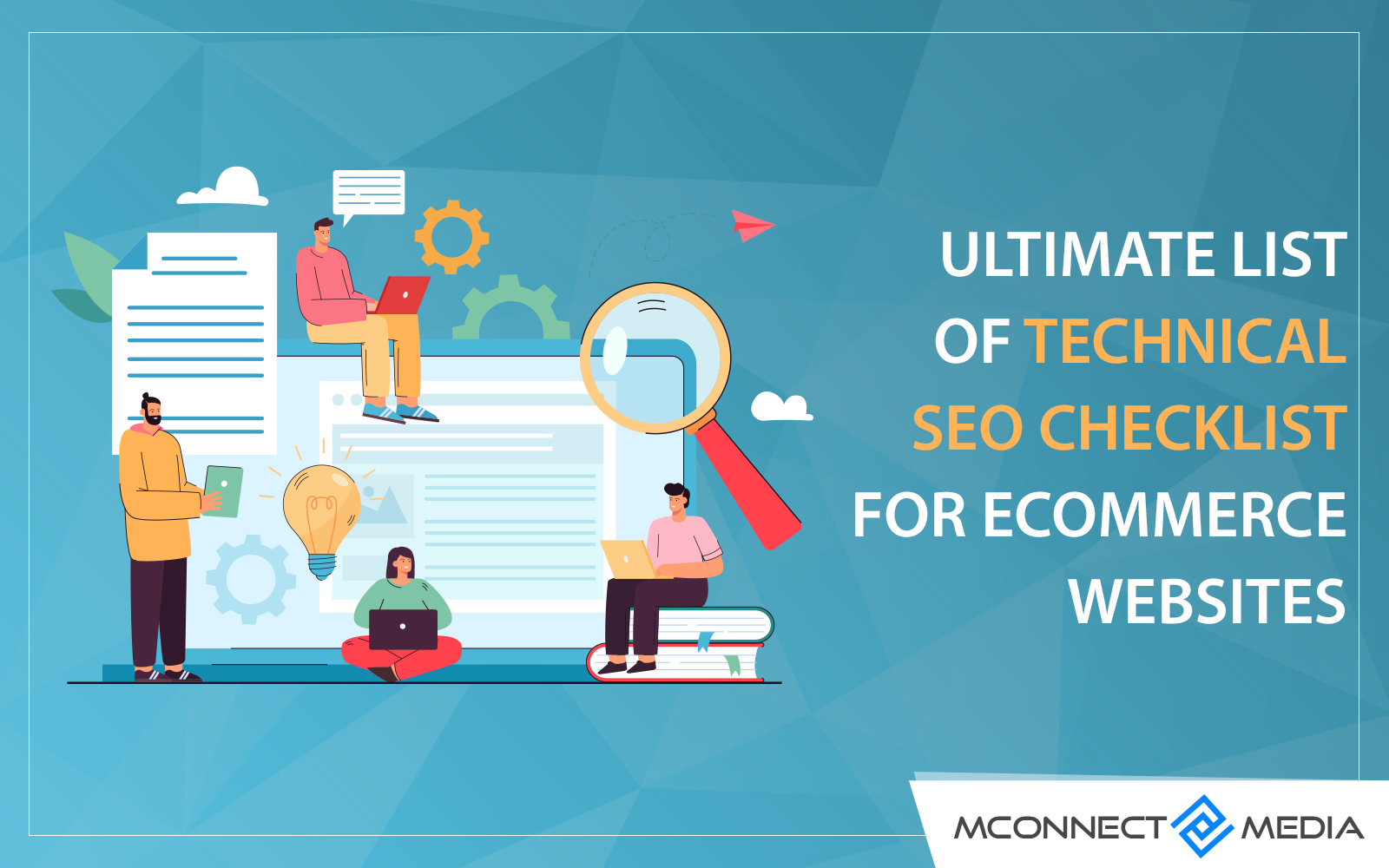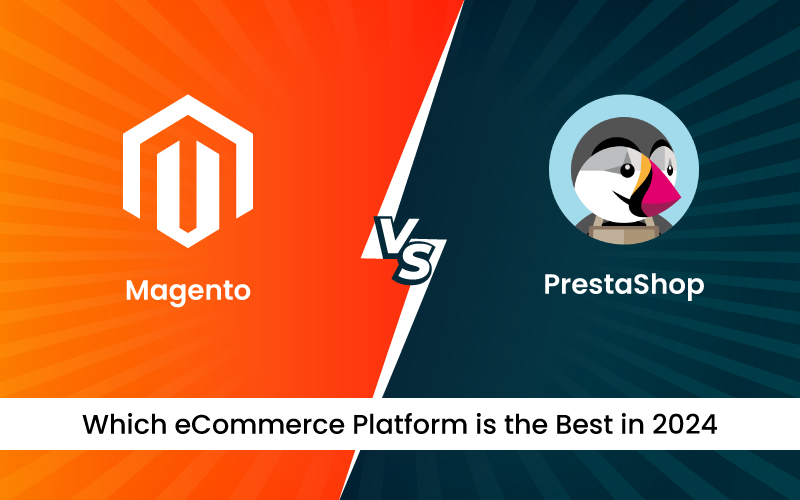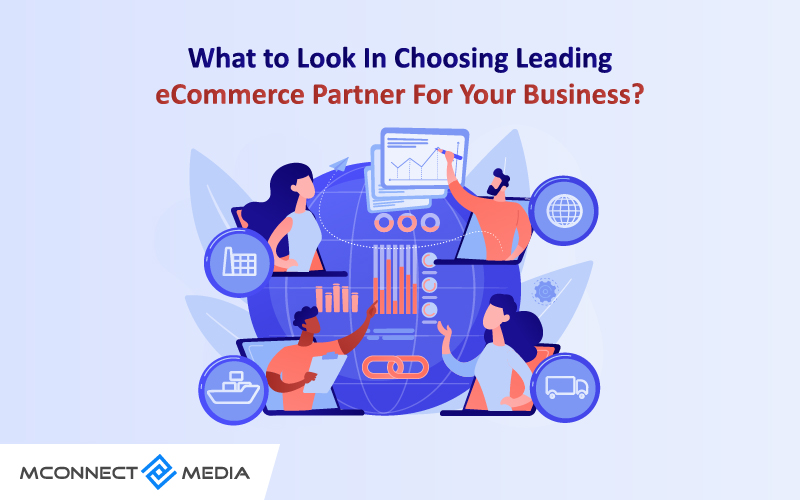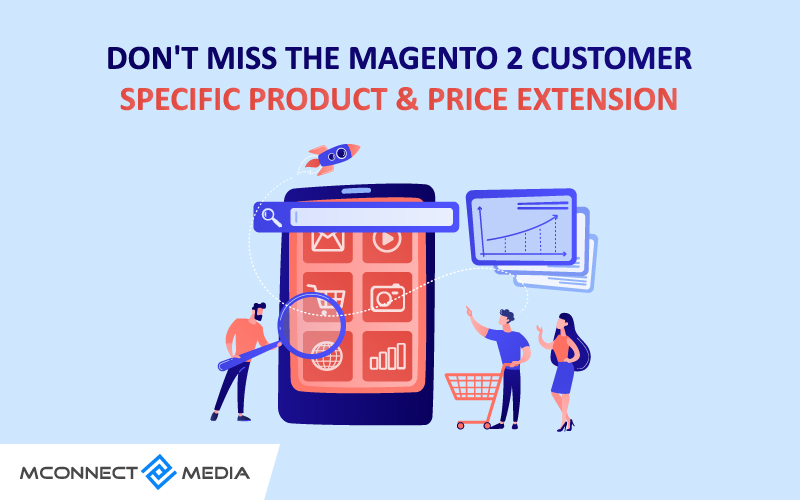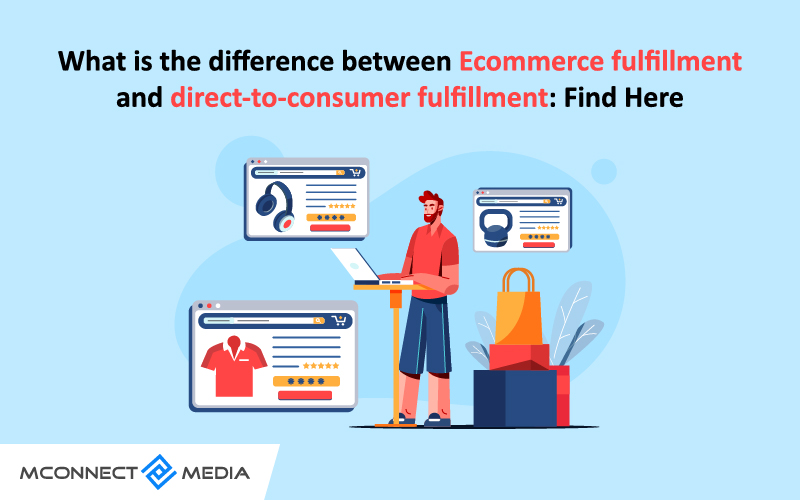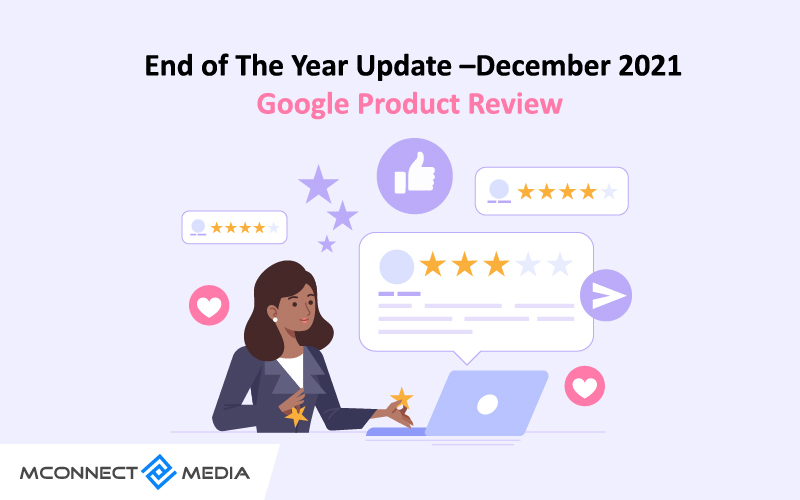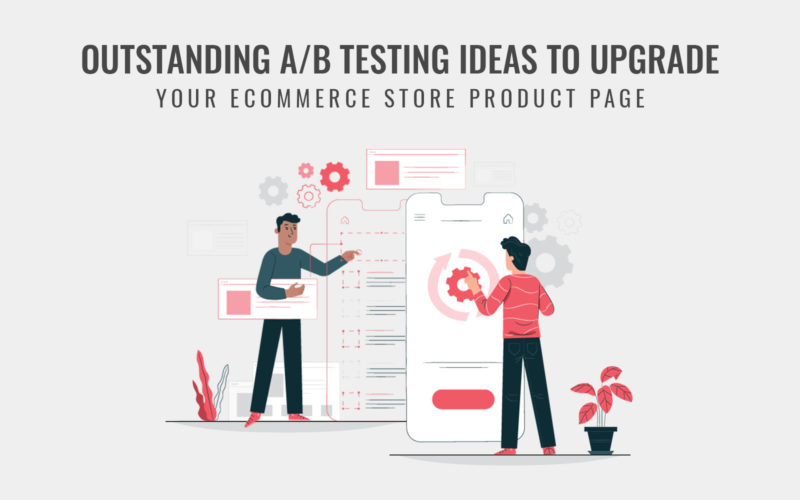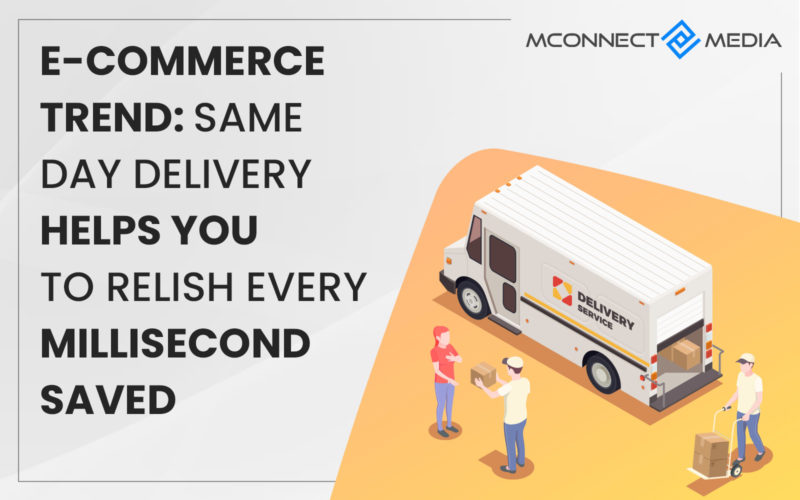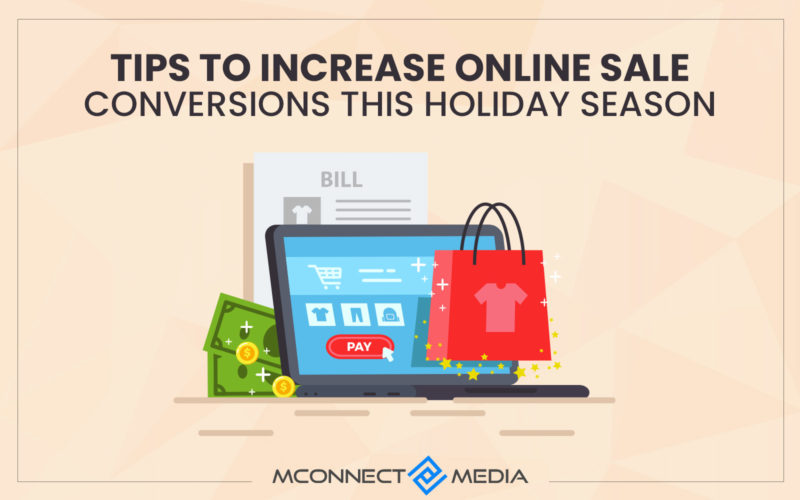Canadians love spending their time shopping online. As per Canada Internet Factbook 2020 survey, 85% of the respondents have purchased online in the last 1 year. And in the coming years, this number is set to rise thanks to Canada’s eCommerce growth curve. Also, because Canadians show great support for their fellow entrepreneurs & makers, which further aids the rise of eCommerce.
Another reason for the rise of eCommerce in Canada is the convenience online shopping offer to Canadian consumers. Regardless of the reason, Canadian consumers as well as the new small business startups are embracing the trend of online shopping. However, there are things online business startups must understand and look out for before starting their ventures.
Ecommerce Website Success Checklist for Canada
Ecommerce in Canada is filled with so many opportunities. Still, there are many things that a business should be aware of to ensure its success in the Canadian market. To help you with that, we have come up with a checklist for starting a successful eCommerce website in Canada. So, without any more delay, let’s get on with it.
1. Picking Up the Right Niche & Target Audience
The niche of your eCommerce website is the product industry or category you’ll deal with. Choosing the right niche and highly specific target audience for your online venture will give you a better chance to be successful in it.
A highly focused niche enables your business to attract only the target audience rather than a general audience. This way, you’ll be more able to appeal to the visitors who are guaranteed to convert than appealing to everyone.
When it comes to picking up your niche, you’ll want to start with yourself. What are your strengths? What are you passionate about? What is it that you have the most knowledge about? Don’t worry if you are not the expert in your niche, but you can always become one. Therefore, pick a niche that you know something about or would like to know about.
When you decide niche after a conclusive brainstorming session, get on with the market research & understand what works & what doesn’t. Doing so will help you fine-tune your niche further & come up with products that sell like a charm.
2. Market Research
Market research is an effective and useful way to come up with a niche that works well in the Canadian market. So, spend a bit of time to get to know what you are up against in the playing field. Find what are the trends that are going on for your industry and how you can capitalize on them for the success of your eCommerce business.
Google is the first place to start your market research. It can give you some potential ideas after you have done thorough research using relevant keywords. Google Trends is another place to find new & cool trends about your industry before they happen.
Social media platforms are also great to find how different niches manifest themselves. Platforms like Facebook, Instagram, Linked In, Reddit, Twitter, Quora, YouTube, etc. are great places to start your market research as well.
3. Selling Your Products
Your eCommerce website has to sell something be it digital goods or physical. Digital goods have a lot of appeal and once they are ready, getting them to customers is easy and doesn’t cost much. Also, you won’t have to go through the pain of dealing with the shipping of your digital goods as they are delivered online in most cases.
Physical goods, on the other hand, require more careful planning and you’ll also have to deal with sourcing the products, storing them, take care of order fulfillment, shipping & returns, etc. Another thing you’ll have to decide is whose products to sell: your own products or find a source for your products. You can either manufacture your products or source them from a reliable supplier. Whatever you choose, both the options are equally challenging.
Another decision to make is what kind of products to sell in terms of the brand. You want to sell private label or white label products. Private label means sourcing products from a supplier and selling them as your own brand. White label means you’ll be selling products of other brands.
4. Setting Up Your Ecommerce Website
The first thing you would require is the domain name for your eCommerce website. A domain is like an address of your online store where your users will find your website by typing it into their browsers. There are multiple domain registrars available to purchase the domain. Consider purchasing the .ca extension domain for the Canadian market. You can go for a .com one if you plan to scale your business globally at a later stage.
After sorting out the domain address for your website and now you need a place to store it. Website hosting is where your website files are stored. Your customers will only be able to access the website once it is hosted on a server environment. Once you sort it out, the next thing is selecting a platform to build your website.
Ecommerce platforms like Magento, WooCommerce, PrestaShop, and others help you build your dream store. They help you to create pages, add design elements, engage customers, sell products, receive payments, and do all sorts of things.
These platforms are, however, quite complex to develop an eCommerce store on your own. Thus, you’ll require an expert team of eCommerce developers that take care of building a highly interactive eCommerce website.
5. Deploying Marketing Strategies
Once your eCommerce store is ready to sell products, the next thing is to form & deploy marketing strategies for your website. The biggest challenge eCommerce business owners today face is acquiring customers. You can deploy strategies to acquire new customers without paying for ads, which takes a lot of time, effort, hard work & dedication of your team.
Running paid ads is somewhat faster, simpler, and effective for enabling customers to find & reach your brand. However, this can put a dent in your profitability. So, what you should do is use paid marketing as a supplement for your free & organic marketing.
Search engine optimization (SEO), social media posting, etc. are organic ways for you to use & find customers. Search engine marketing (SEM), PPC ads, and social media ads are paid or inorganic ways to bring traffic to your website.
6. Accept & Process Payments
Let’s say, you have been successful in bringing customers and making them purchase your products. To make their purchase experience smooth, you need payment gateways that accept & process payments securely. It’s a crucial part of running an eCommerce business when it comes to selecting payment gateways to integrate. Many eCommerce platforms have in-built payment gateways you can choose out of.
However, you must offer the most popular and customer favorite payment methods that people trust and have no issue while checking out. In addition to credit/debit cards, you must also offer ways for customers to pay through PayPal, Apple Pay, and other most notable ways.
But whatever payment solutions you offer, make sure they are secure & safeguards your customers’ data. Also, it is your responsibility to keep customer data safe so don’t compromise on it.
Wrapping Up
Running an eCommerce store is not like a cakewalk. And it’s not too hard either if you know want things to take care of before you begin working on your eCommerce store. There’s a lot of legwork involve from picking up the right niche to integrating payment solutions and everything in between. And this article perfectly delves deep into providing a checklist for building & running a successful eCommerce store.
Want to develop an eCommerce store for the Canadian market? M-connect Media is here to help you build the most engaging eCommerce website that customers will love and become loyal to. We offer flamboyant eCommerce development services that help business owners to start their online ventures on the right note. Contact us to discuss things further and & kick start your project now.


